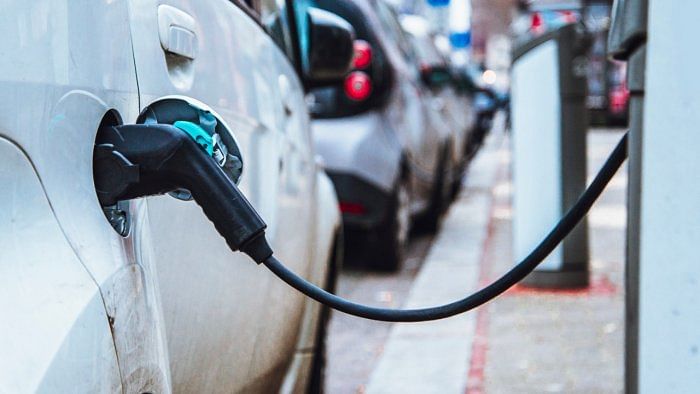
Adoption of Electric Vehicles (EVs) is likely to accelerate in 2023 with tech companies and banks taking significant steps to transition to battery-operated automobiles.
According to an Economic Times report, Vedanta and Tata Steel are the latest to implement policies to encourage employees to buy electric vehicles.
Meanwhile, Capgemini, Cognizant, Barclays, Bank of New York Mellon and Allianz Technology are incorporating electric vehicles in their employee transportation fleet. Hotel groups like Marriott and Novotel have similar rules in place.
In what will be a further boost to EV adoption, multinational firms are also testing various electric car models in pilot programmes to see if they are operationally viable.
It is estimated that EV retail sales will double to 2.2 million units in 2023, after having crossed a million units in 2022, according to the Society of Manufacturers of Electric Vehicles (SMEV).Vedanta launched an EV policy last month for employees as part of its commitment to net-zero carbon emissions.
After passing a million units in 2022, EV retail sales are expected to double to 2.2 million units in 2023, the report added citing the Society of Manufacturers of Electric Vehicles (SMEV).
As part of Vedanta’s EV policy, rolled out last week, employees will receive exclusive discounts on two- and four-wheel vehicle purchases, with incentives ranging from 30-50 per cent.
The new policy is aimed at boosting adoption of EVs among employees and subsequently, “[driving] the mindset change aiding India’s green mobility push for a sustainable future”, Sunil Duggal, group chief executive, Vedanta Ltd told ET.
Vedanta has further pledged that 100 per cent of its light motor vehicles (LMVs) will be decarbonised by 2030. At Tata Steel, the maximum for EVs under the company's car-buying programme has been raised by Rs 2 lakh at all corporate levels.